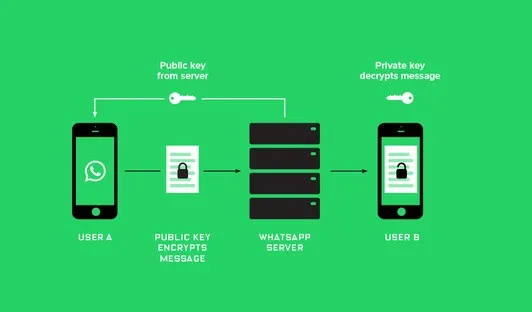Last week in Las Vegas in Consumer Electronic Show (CES), new range of voice controlled gadgets were introduced. Hundreds of companies participated and advertised voice controlled televisions, thermostats and light bulbs.

The main interface of these companies depends on remote technology offered by Google, Amazon, Apple and Samsung. This marketing strategy is not new, but this voice-controlled technology has created many privacy concerns because it is continuously collecting data of our every move.
Apple Siri, Google Assistant, Amazon Alexa and similar digital voice assistants depend always on new speech-recognition technology to understand user commands and interpret responses accordingly. All latest gadgets including iPhones and Android smart phones are equipped with these technology. This technology is used to communicate, web surfing and controlling other household devices.
When we speak into microphone, this speed recognition technology converts sound waves into different vibration patterns. The machine learning is used to train device and it identifies these vibration patterns as words. The more we interact with it, the more it better reacts to interpret speech.
With addition of GPS, Google Maps, location services, cameras, accelerometers and sensors, these voice assistants even become more accurate to suggest us nearby restaurant and give us driving directions. There is even no need to type as these assistants type with the help of our voice and it seems natural.
So what are the privacy concerns??
Unfortunately it’s impossible to receive this convenience without sacrificing for privacy and security. With the help of this technology, Apple, Amazon and Google collect data about users. They not only know our shopping preferences and internet usage but also they know more about us that how we behave and communicate with others. They know what we search on internet and what kind of purchases we make online. They use this data for marketing their products on their websites.
It also gives us creepy feelings that there is someone in our houses who is always listening to us and collecting data. Where does this data go? This data remains on their server until we delete them from device settings.
Just like our internet activities are stored, our requests to these voice assistants leave a trail of information. Requests made at Apple Siri and Google’s voice search are sent to their respective headquarters, coupled with user’s unique device IDs.
Apple stores this information with device IDs for six months. After six months it deletes the ID and keeps the audio for another one and half year. It is still not known how long Google retains this information.
With the help of location services, these services keep clear and accurate record of user daily routines, travels, habits and personal preferences.

This personal information is easily accessible to law enforcements agencies who can straight grab your neck after knocking the door.
There are reports that hackers have accessed user’s personal and sensitive information by hacking into IOS device’s Siri identifier.
Google has announced that it will soon launch its artificial intelligence platform which would be able to listen the conversation which we are doing with other people.
Google’s new chat platform "Allo" has marquee feature which in fact can listen to our conversation and messages are even not encrypted.

Some companies have taken this privacy issue seriously. WhatsApp has rolled out new feature to its billions of users in which all conversations will be encrypted. In Apple’s iMessages, there is also encryption feature available.